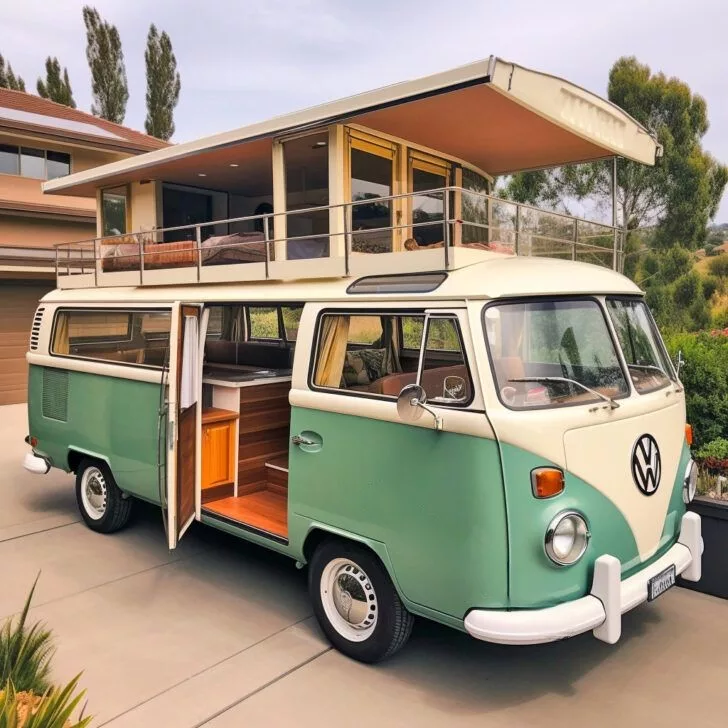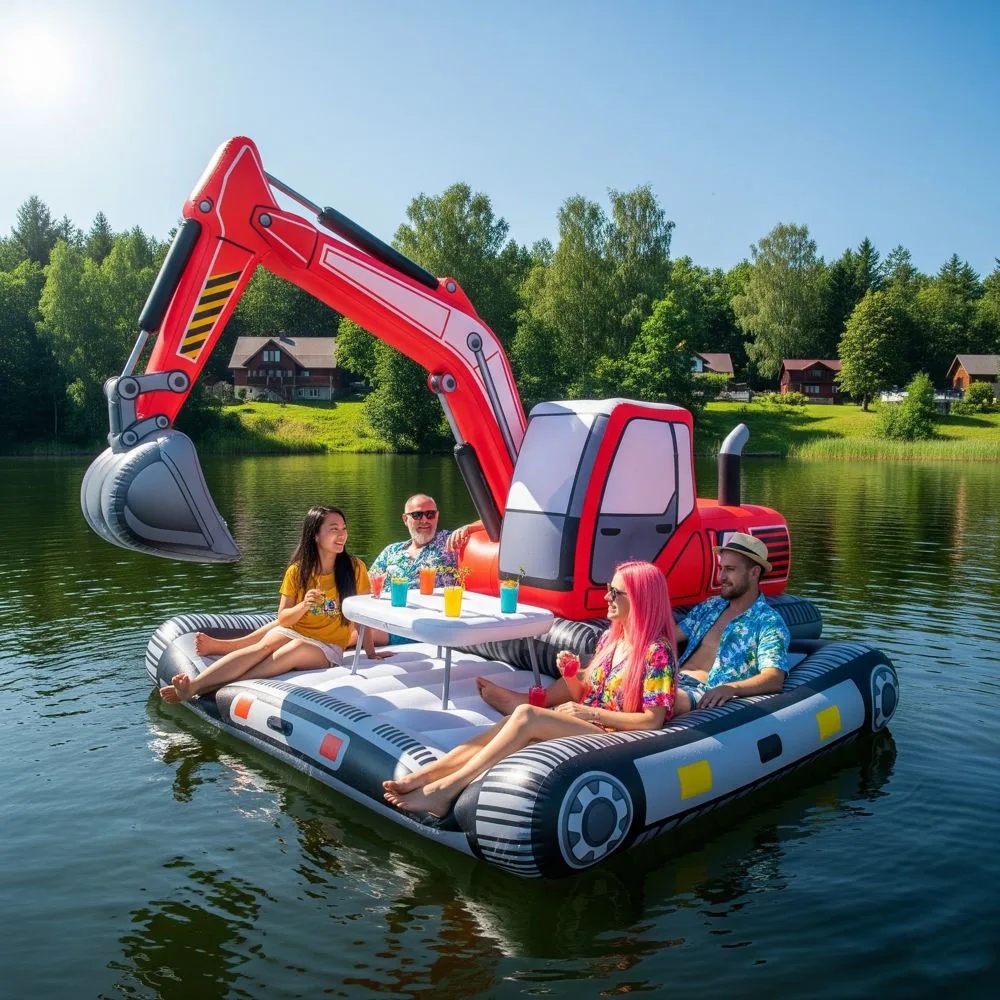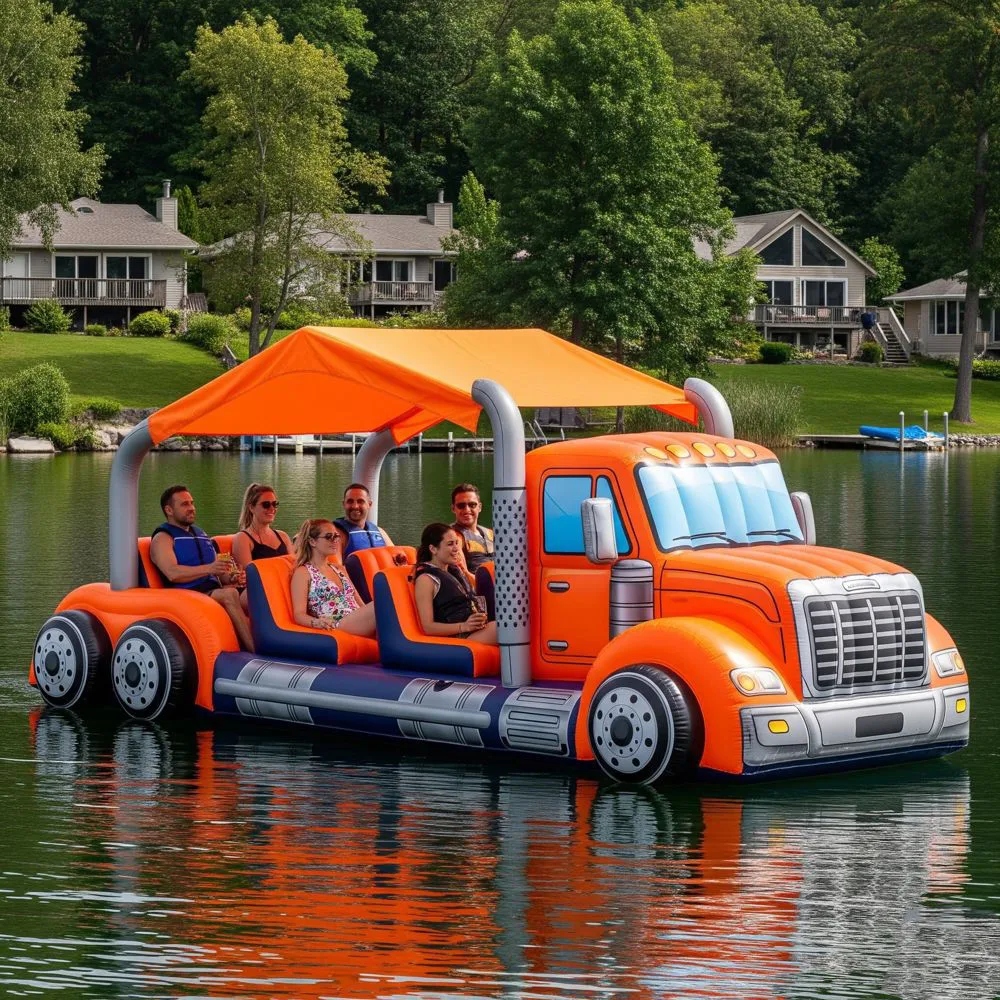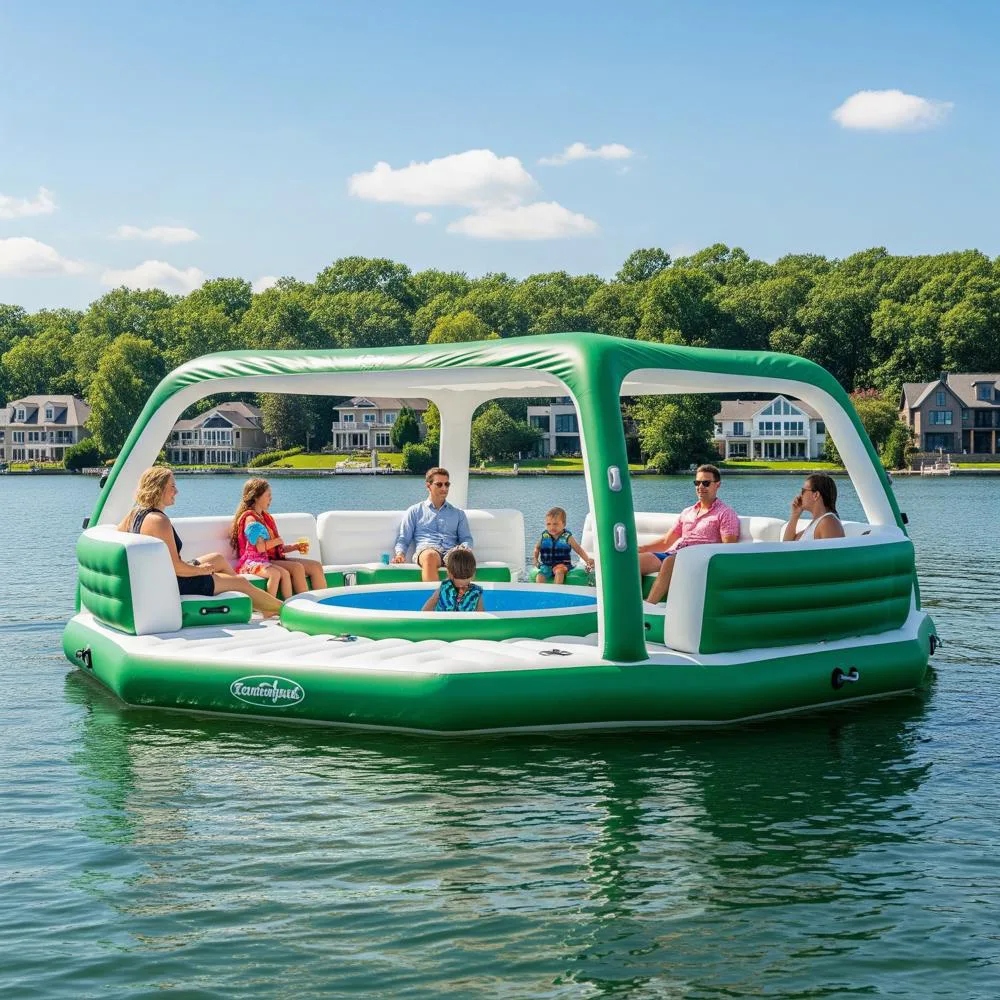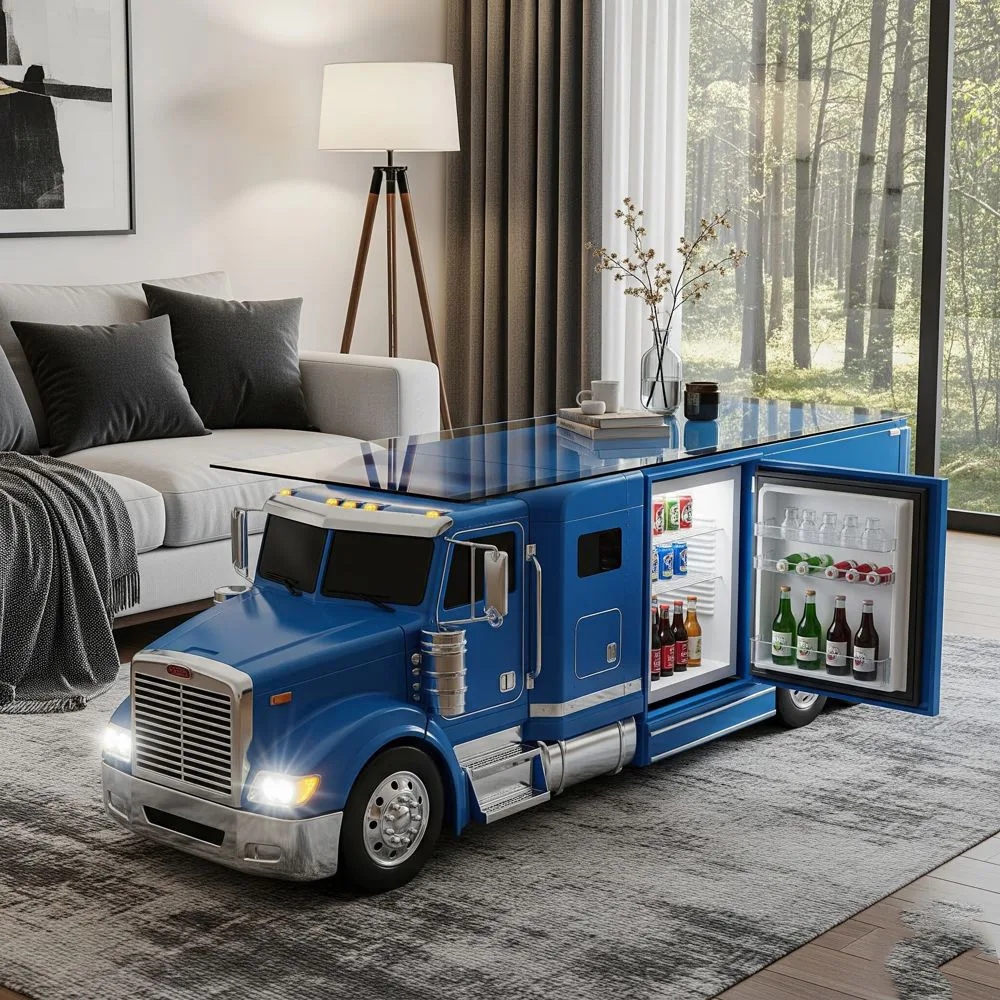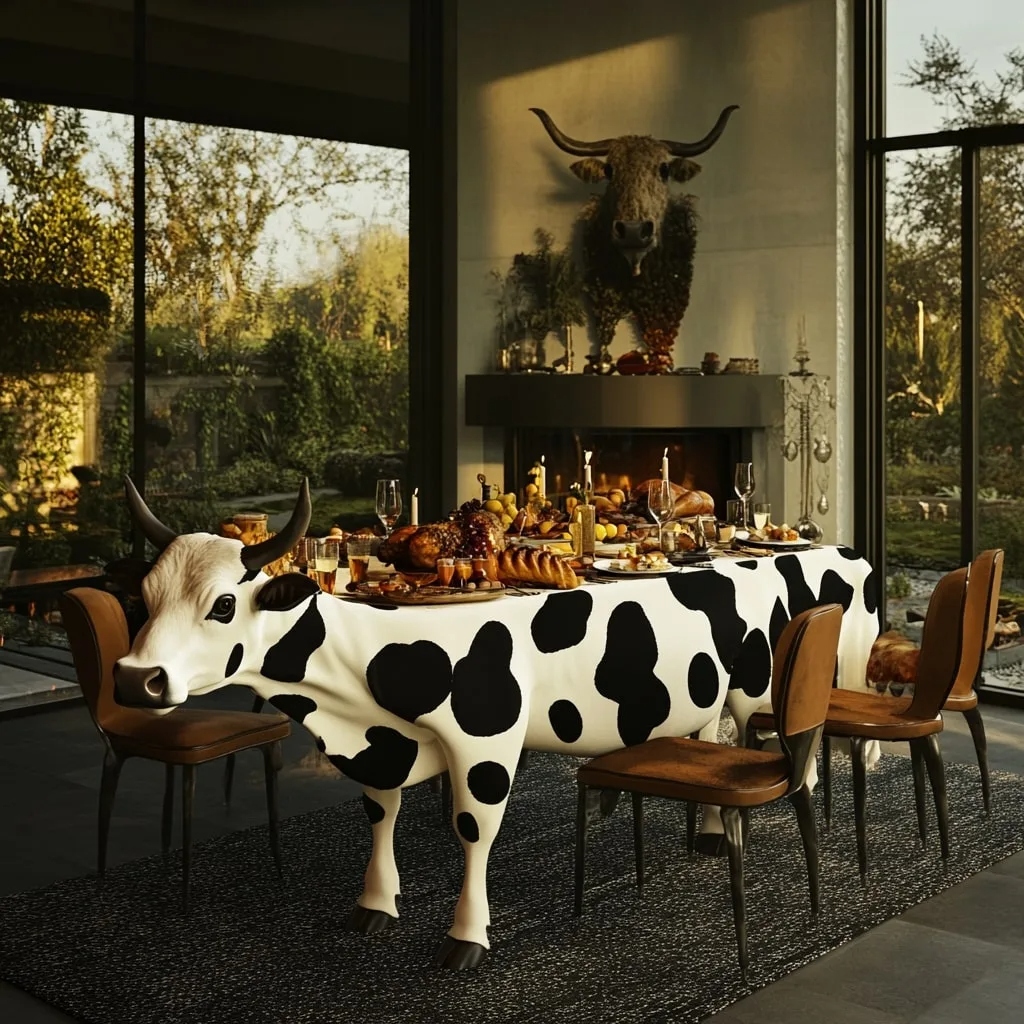Discover the iconic Volkswagen Hippie Buses that became synonymous with the counterculture movement of the 1960s. These vibrant and retro vehicles, also known as VW Type 2 buses, were popular among free-spirited individuals seeking adventure and a sense of community on the open road. With their distinctive design and colorful paint jobs, Volkswagen Hippie Buses embodied a spirit of freedom and self-expression that continues to captivate enthusiasts worldwide.

Symbol of Counterculture
Freedom and Non-Conformity
Volkswagen hippie buses were more than just vehicles; they represented freedom and non-conformity. The ability to travel anywhere at any time symbolized a break from societal norms.
Embracing the spirit of rebellion, these buses were embraced by the hippie movement for their anti-establishment symbolism. They became a canvas for self-expression, adorned with colorful artwork and peace signs.
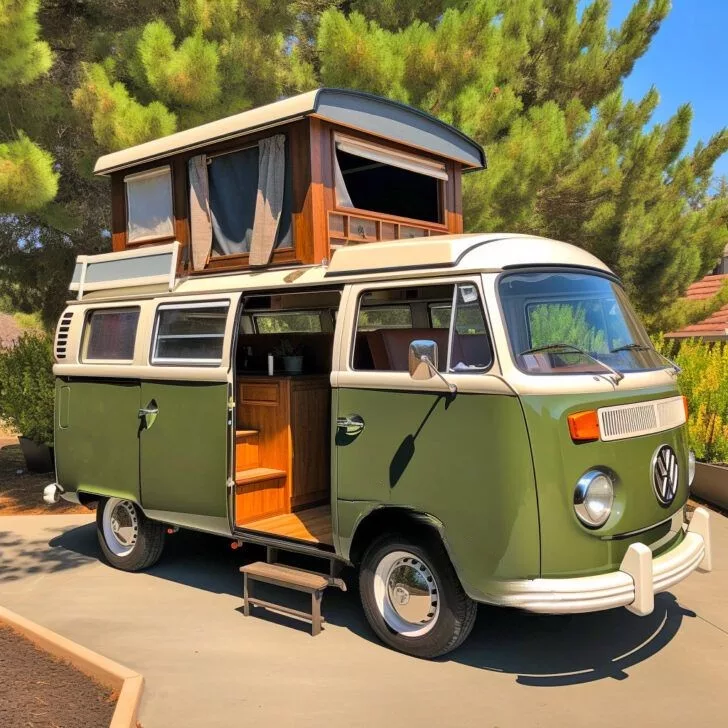
Cultural Icon of the 1960s Counterculture
The Volkswagen hippie bus was not merely a mode of transportation but a cultural icon that defined an era. Associated with bands like the Grateful Dead, it carried people on journeys both physical and spiritual.
Its distinctive design, including features like the rear door, made it instantly recognizable. The bus embodied the carefree attitude of the 1960s counterculture, promoting love, peace, and unity among its passengers.
Historical Significance
Volkswagen Hippie Buses hold historical significance for several reasons. Introduced in the 1950s post-World War II, these vehicles quickly became iconic symbols of freedom and adventure. The year 1960 marked a significant turning point as they gained immense popularity, especially in the United States.
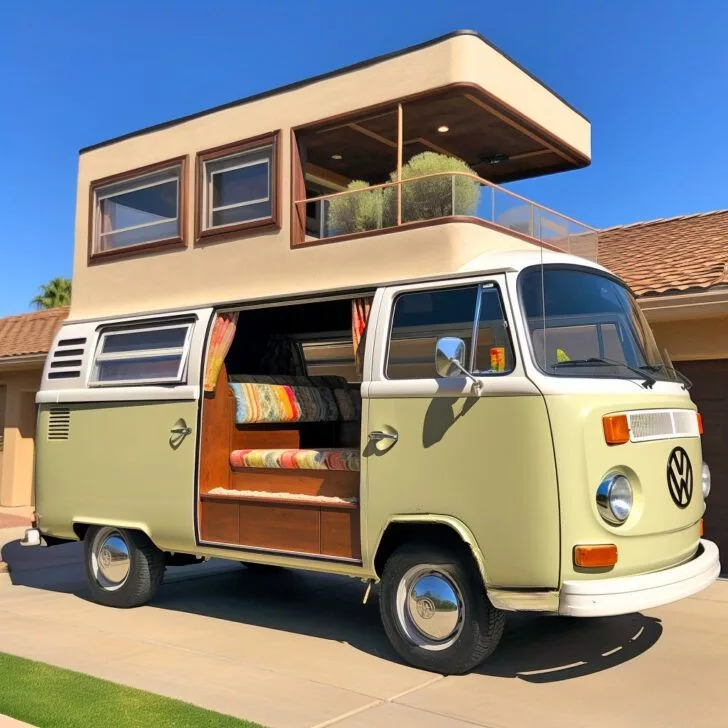
Popularity Surge
During the 1960s, Volkswagen Hippie Buses surged in popularity due to their affordable price and unique design. This surge was not merely about transportation; it represented a cultural shift towards embracing individualism and self-expression. People saw these buses as more than just vehicles; they were symbols of a lifestyle centered around freedom and nonconformity.
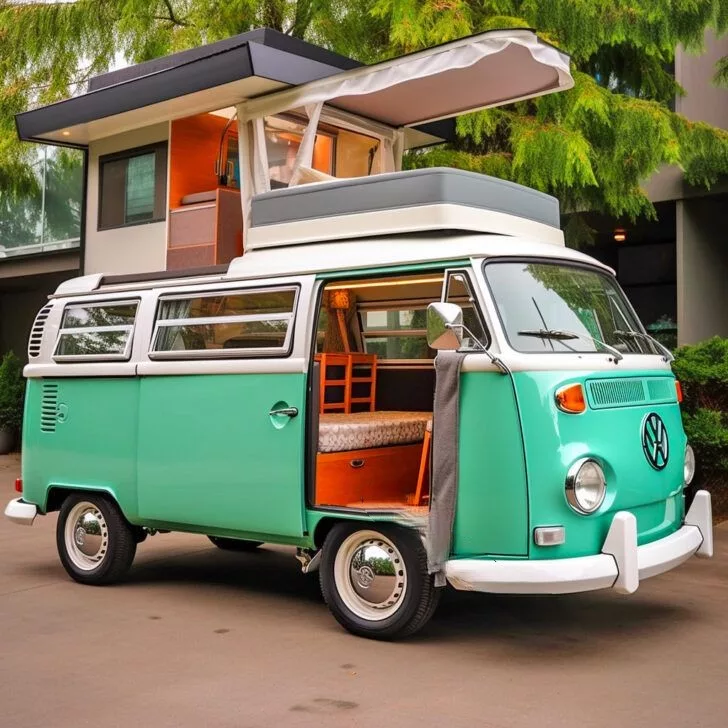
Societal Reflection
The rise of Volkswagen Hippie Buses reflected a broader societal trend towards rejecting traditional norms and embracing alternative lifestyles. As young people sought ways to break free from conventional expectations, these colorful buses became synonymous with the counterculture movement of the era.
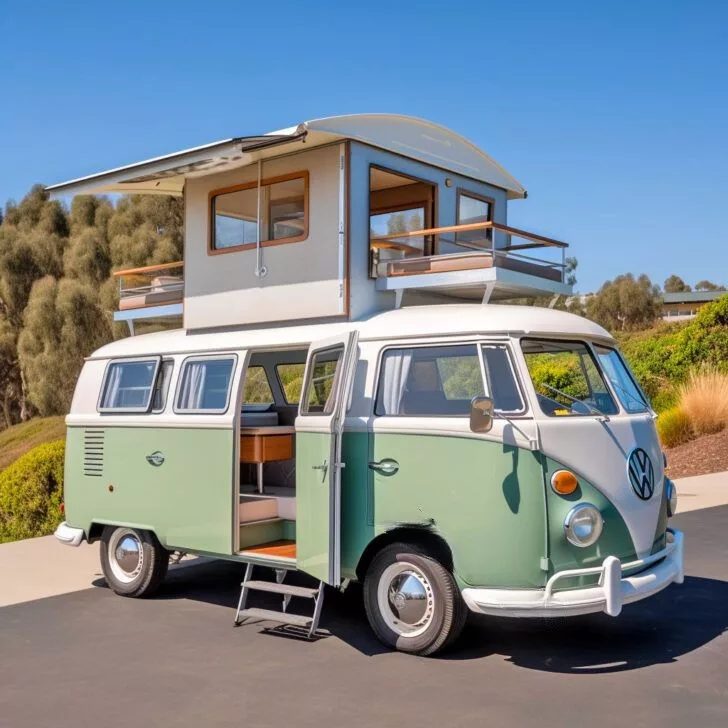
Evolution of Models
Early Beginnings
The Volkswagen Hippie Buses journey began with the iconic T1 model in the late 1940s, capturing hearts with its unique design and functionality. This model marked the inception of a cultural phenomenon.
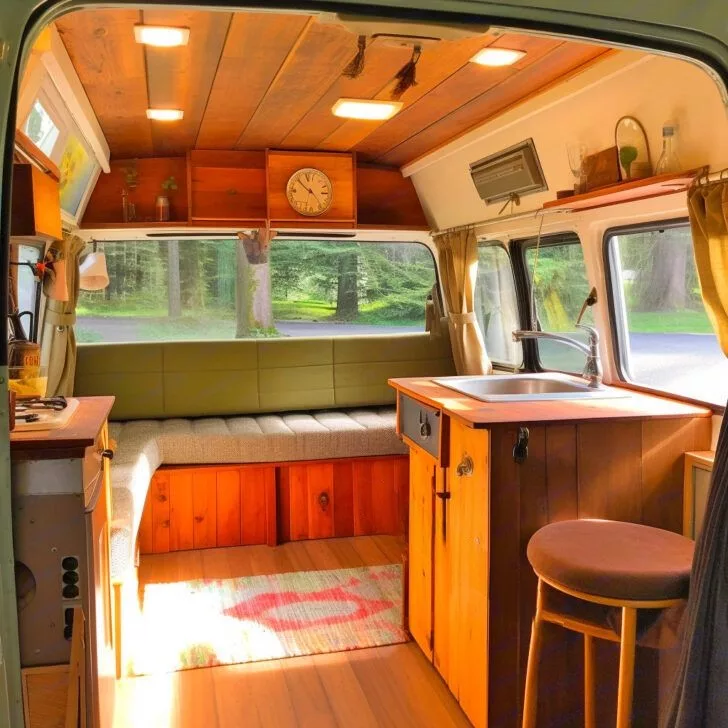
Progression Through Decades
As time passed, Volkswagen continued to innovate, introducing the T2, T3, and T4 models over the decades. Each iteration brought enhancements in performance, comfort, and style.
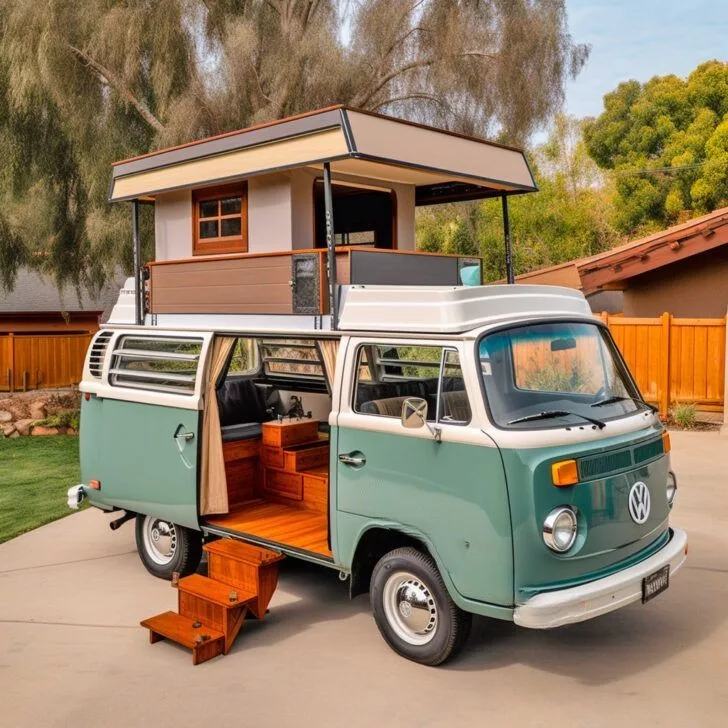
Modern Innovations
In recent years, Volkswagen has embraced modernity with models like the T6.1 and electric ID. Buzz. These versions combine cutting-edge technology with the nostalgic charm that made the Hippie Bus a beloved classic.
Key Variants Highlighted
Iconic T1 Samba
The T1 Samba variant of Volkswagen Hippie Buses is renowned for its panoramic windows, adding a unique charm to the classic design. This model gained popularity for its distinctive appearance and spacious interior, making it a favorite among enthusiasts.
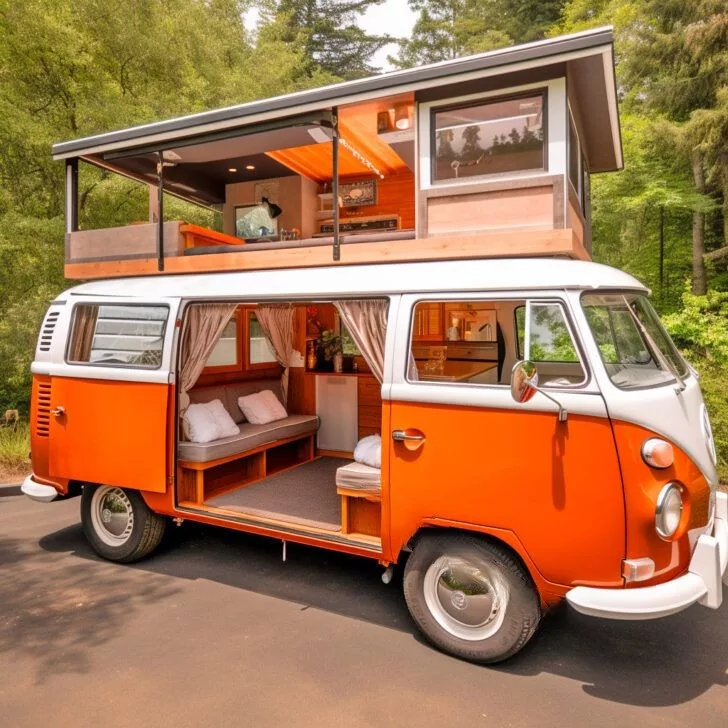
Rugged T3 Syncro
The T3 Syncro stands out with its impressive all-wheel drive capabilities, offering enhanced traction and control on various terrains. This rugged variant provides reliability and performance, making it ideal for adventurous journeys off the beaten path.
Camper-Friendly Westfalia Variants
Westfalia variants of Volkswagen Hippie Buses are tailored for camping enthusiasts, featuring cleverly designed interiors that maximize comfort and functionality. These models offer innovative storage solutions, compact living spaces, and versatile layouts perfect for road trips and outdoor adventures.
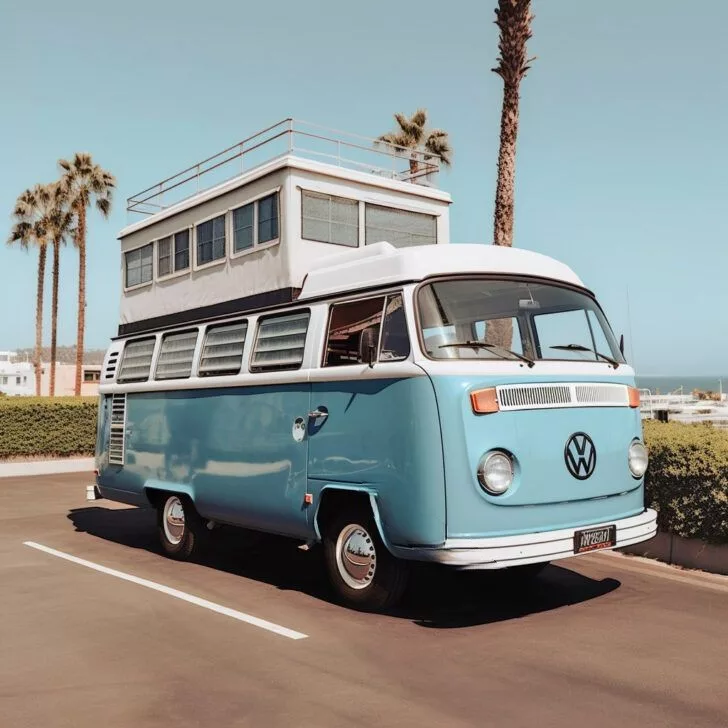
Hippie Culture Association
Peaceful Symbol
Hippie buses symbolize peace, love, and harmony within the hippie culture, reflecting an era of unity.
Mobile Living
Travelers utilized hippie buses as mobile homes during music festivals and road trips, fostering a sense of freedom.
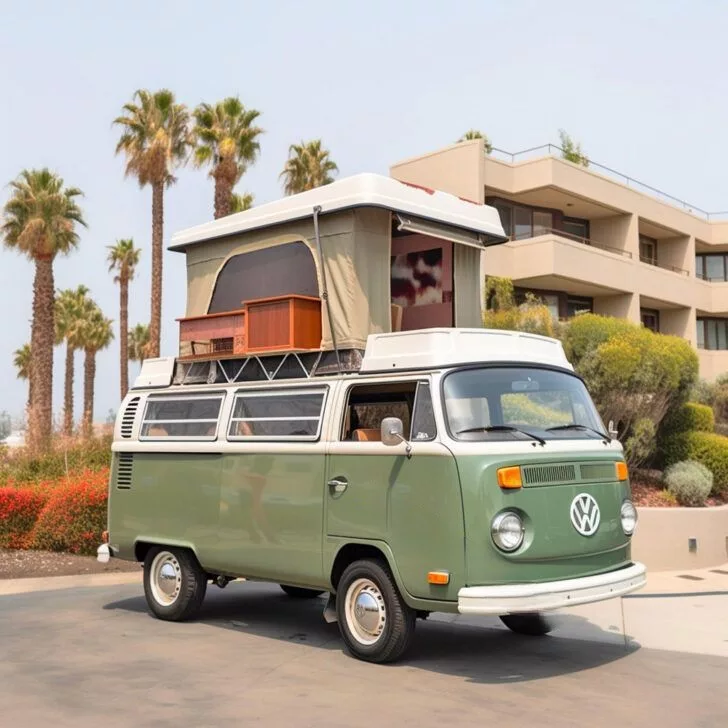
Carefree Lifestyle
These iconic vehicles embodied the carefree and communal lifestyle of the hippie era, promoting togetherness and adventure.
Impact on Popular Culture
Featured Movies
Volkswagen hippie buses have left a lasting impact on popular culture. They have been prominently featured in movies such as “Little Miss Sunshine” and “Forrest Gump.”
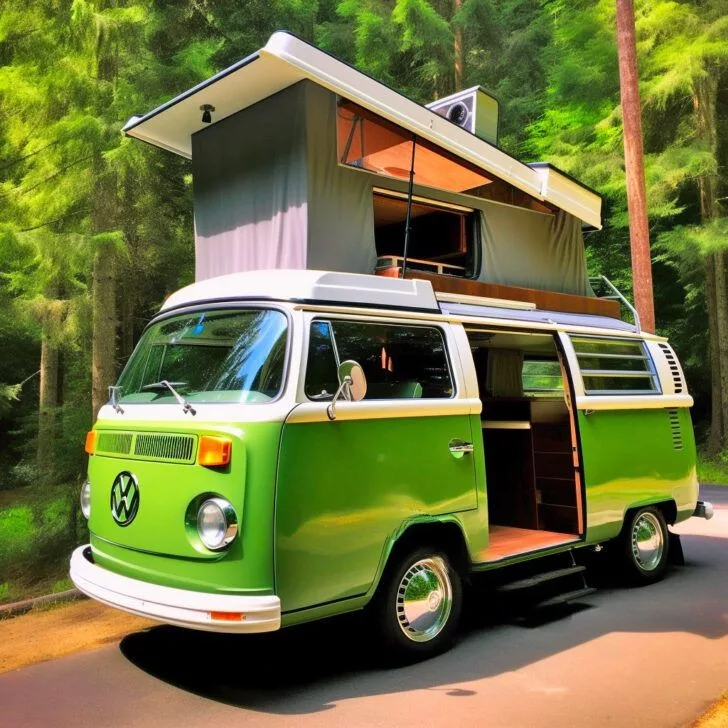
Inspiration for Creatives
These iconic buses inspire artists, musicians, and fashion designers worldwide. Their retro appeal continues to captivate creative minds seeking a touch of nostalgia.
Read more: Volkswagen Bus Hot Tubs: Retro Patio Transformation
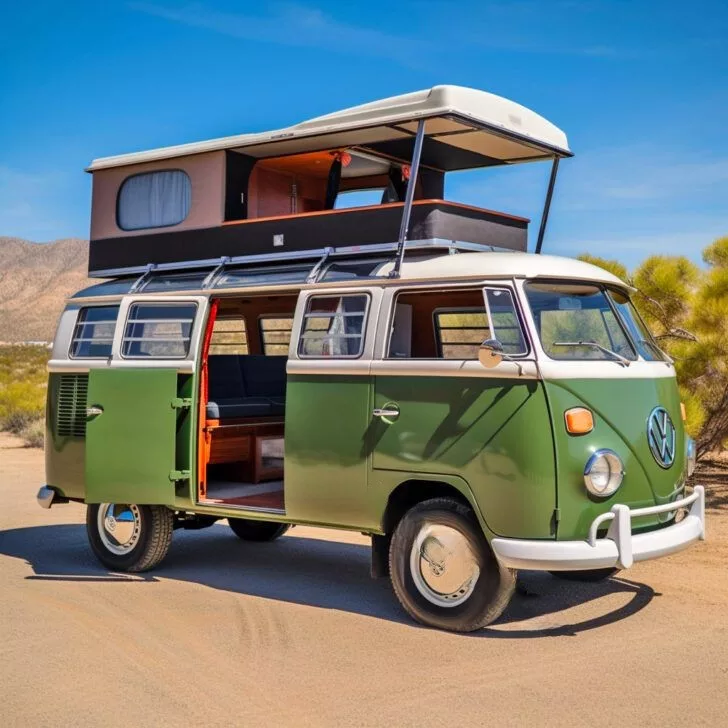
Symbol of Wanderlust
In modern media, Volkswagen hippie buses remain a symbol of wanderlust and adventure. Their association with freedom and exploration resonates with individuals across the globe.
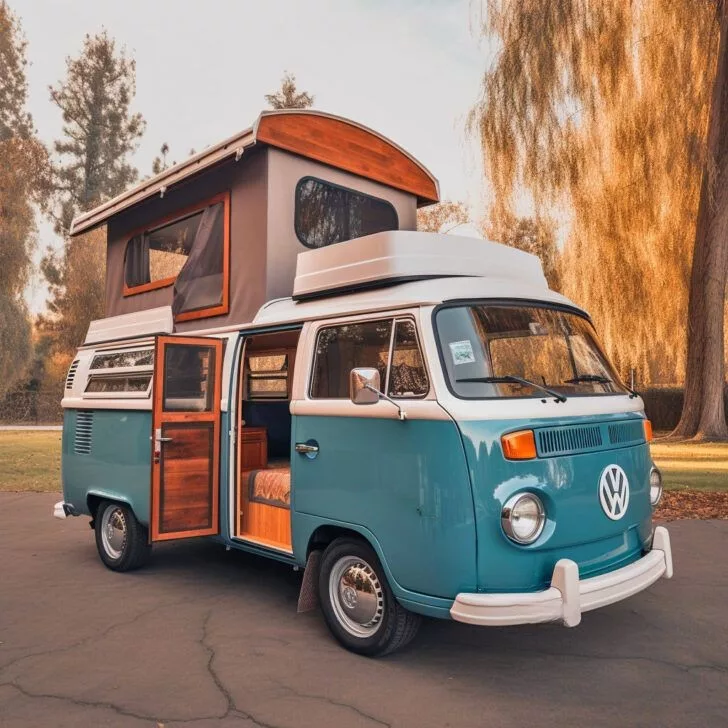
Societal Perceptions
Symbol of Rebellion
Initially viewed as a symbol of rebellion and nonconformity, Volkswagen Hippie buses gained popularity in the 1960s. The vehicle’s association with counterculture movements like the hippie movement made it an iconic representation of freedom and anti-establishment sentiments.
Read more: Volkswagen Bus Shaped Bathtub: Retro Relaxation for Your Bathroom

Nostalgia and Simplicity
As time passed, the perception of Volkswagen Hippie buses evolved to represent nostalgia and a simpler way of life. Many individuals who experienced or witnessed the cultural impact of these vehicles during their heyday now view them through a lens of sentimental longing for a bygone era.
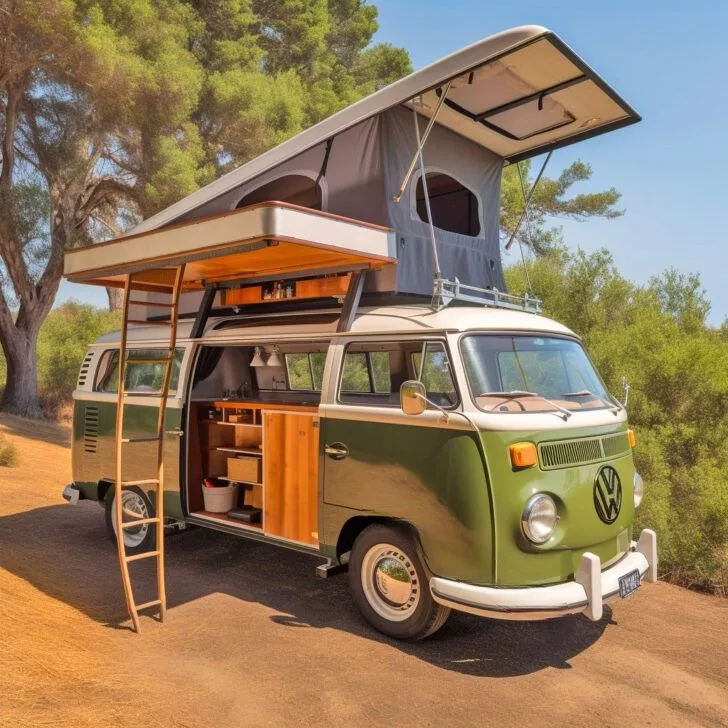
Classic Collectible Vehicle
Today, Volkswagen Hippie buses are regarded as a classic and collectible vehicle by enthusiasts worldwide. Their unique design, historical significance, and limited availability have elevated them to coveted status among collectors and vintage car aficionados alike.
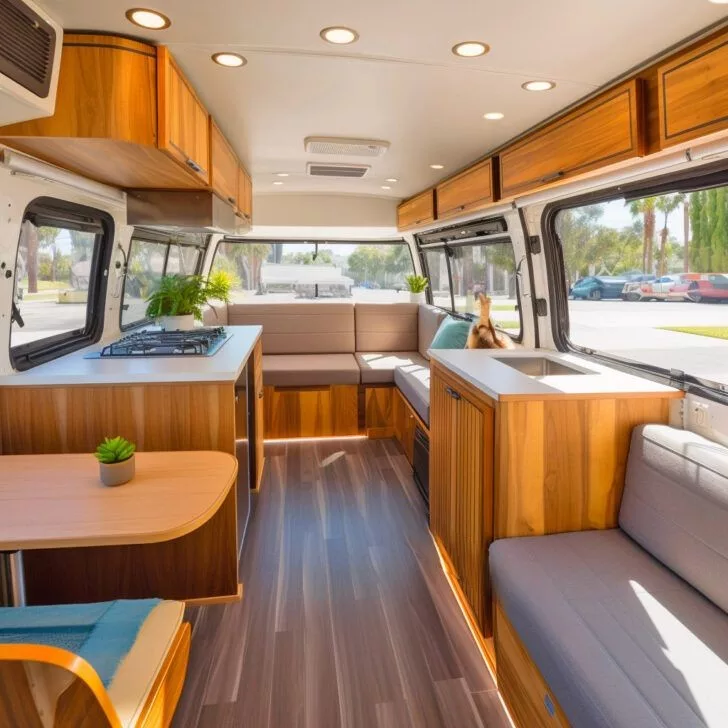
Legacy and Continuation
Preservation Efforts
Volkswagen remains dedicated to preserving the legacy of hippie buses, ensuring that the iconic vehicles continue to hold a special place in automotive history. By maintaining original design elements and incorporating modern technologies, the company honors the cultural significance of these beloved classics.
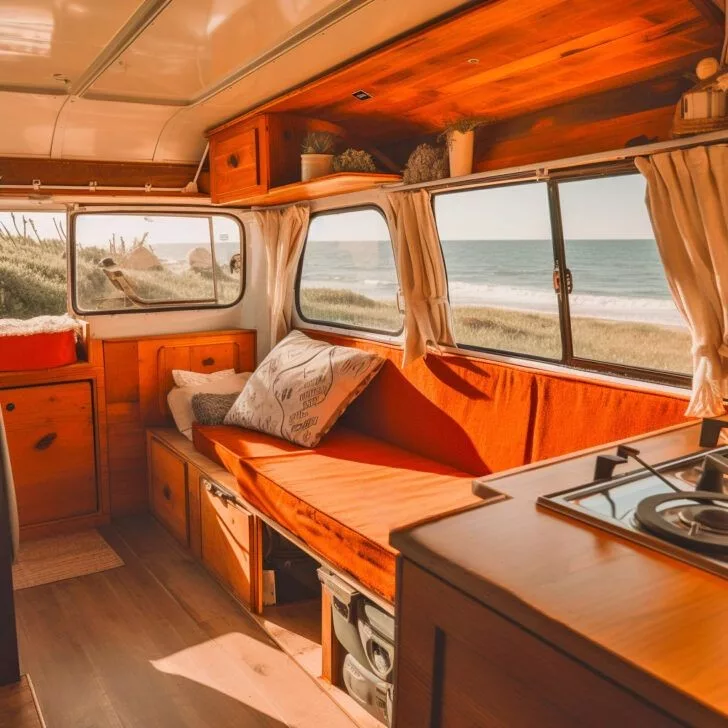
Global Fan Base
Enthusiasts from around the world are drawn to the timeless charm of Volkswagen hippie buses, also known as T2C models. The enduring appeal lies in their unique blend of retro aesthetics and practical functionality, making them ideal for both leisurely road trips and everyday use.
Modern Interpretations
In addition to upholding the heritage of hippie buses, Volkswagen has introduced contemporary versions that cater to evolving consumer needs. These new iterations combine nostalgia with cutting-edge features, appealing to a wide range of individuals seeking a fusion of retro style and modern convenience.

Summary
You’ve delved into the iconic Volkswagen hippie buses, exploring their deep-rooted connection to counterculture movements, historical impact, model evolution, key variants, and influence on popular culture. These buses have transcended mere transportation to symbolize freedom, self-expression, and a lifestyle that resonates across generations. Their legacy continues to shape societal perceptions and inspire a sense of nostalgia for a bygone era.
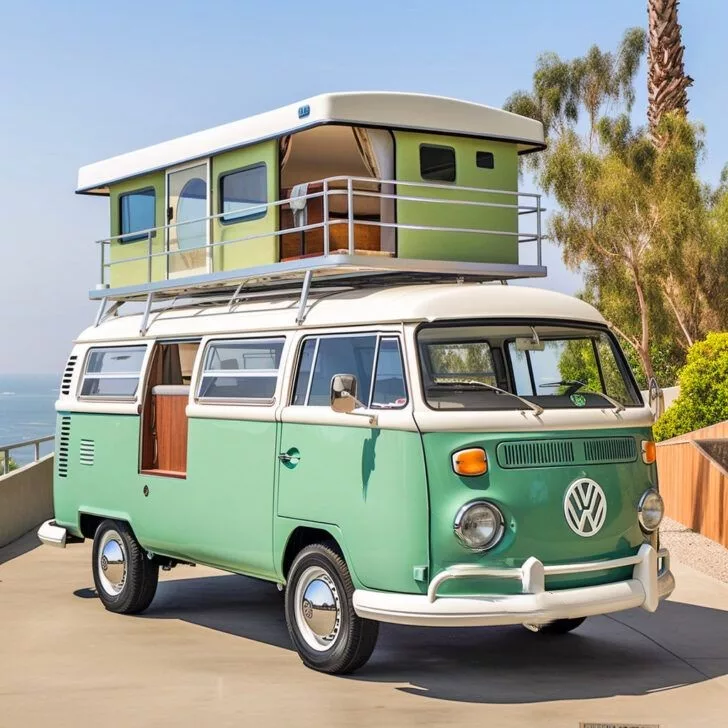
As you reflect on the enduring legacy of Volkswagen hippie buses, consider how these vehicles represent more than just a mode of transport. They embody a spirit of individuality, adventure, and unity with nature that still captivates many today. Whether through owning one, admiring from afar, or simply appreciating their cultural significance, these buses serve as a reminder of the power of symbols in shaping our collective consciousness.
